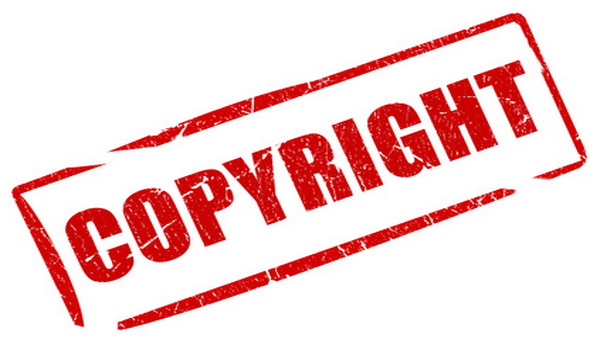Delhi High Court Addresses Copyright Infringement of Religious Texts
The Delhi High Court recently ruled on a case involving “large-scale infringement” of copyrighted works published by the Bhaktivedanta Book Trust, known for its books and commentaries on Indian religious philosophy and spiritualism, especially classic Vaishnava texts.
The Background
- Copyright Violation: The Bhaktivedanta Book Trust accused various online platforms of reproducing copyrighted works related to the Srimad Bhagavad Gita, a significant religious text, on the internet without authorization.
- Establishment: The Bhaktivedanta Book Trust was founded in 1970 by Bhaktivedanta Swami Prabhupada, the founder of the International Society for Krishna Consciousness (ISKCON), popularly known as the Hare Krishna Movement.
Copyright Protection for Religious Texts
- Public Domain: Religious scriptures typically fall into the public domain, which means they are not protected by copyright. This includes texts like the Old Testament, New Testament, and the King James Version (KJV) of the Bible.
- Modern Translations: However, modern translations of religious texts may be copyright-protected as they represent new creative works by the translators. For example, the New International Version (NIV) of the Bible is copyright-protected.
- Transformative Works: Creative adaptations or reinterpretations of religious texts, such as television series or artistic works, may be considered “transformative works” and could be protected by copyright.
Copyright Law in India
- Original Work: Indian copyright law protects “original work,” which refers to creative expressions that are independently created and fixed in a tangible medium. Creators/authors have exclusive rights to use, reproduce, distribute, perform, and display their work.
- Transformative Works: Indian copyright law also protects transformative works, which are creative or artistic works that build upon existing material to create something new and distinct.
The Case of the Bhaktivedanta Book Trust
- Copyright Ownership: The trust claimed that the copyright for its founder’s works, which simplified religious books and scriptures, belonged to the trust after his death in 1977.
- Allegations: The trust alleged that various websites, mobile apps, and Instagram accounts were making a large number of the trust’s copyrighted works available online without permission, constituting copyright infringement.
The High Court’s Ruling
- Protection of Interpretation: The Delhi High Court ruled that the adaptation of scriptures, including explanations, meanings, interpretations, or the creation of audiovisual works, is entitled to copyright protection because these are the original works of the authors themselves.
- Copyright Ownership: The court emphasized that since Srila Prabhupada had transferred the copyrights to be administered by the trust, the works cannot be reproduced without authorization, a license, or permission from the trust.
- Piracy Impact: The court noted that the unauthorized reproduction of shlokas (verses) in Prabhupada’s books, along with their translations and intentions, had taken place. Such piracy could result in “immense loss” of revenue for the trust.
Month: Current Affairs - October, 2023
Category: Legal & Constitution Current Affairs


